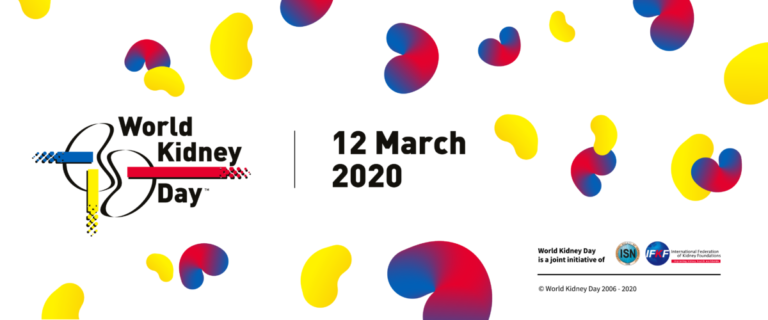What the Hell is a Telomere and Why Should You Care?
Let me come clean here, I’m having a heck of a time wrapping my mind around the existence of telomeres and their role in our health and the anti-aging process. I just read a medical study on telomeres and how they can be used as health-related barometers of sorts and my head hurt in a manner similar to slurping up a Slurpee too fast for at least an hour. After reading it several times, I think I have a rudimentary understanding of telomeres and how they can help us live longer, age slower, and prevent heart disease and various forms of cancer. I’ll now do my best to summarize my understanding of this study in layman’s ter ms.
ms.
Near as I can tell, a telomere is DNA related and is a protein structure found at both ends of each chromosome. I didn’t even know chromosomes had ends, much less a telomere attached to them. These telomeres, apparently, get shorter as we age. However, they shorten at different rates in each of us. The quicker they shorten and the shorter they are compared to other people in your age group have direct health-related correlations. In other words, short telomeres that are getting shorter are bad and associated with increased incidence of diseases and a shortened life span. However, there is good news and bad news, which would you like first? The bad? OK. The rate your telomeres shorten can be increased by poor lifestyle choices. I’m guessing you’ve already guessed the good news; the rare of telomere shortening can also be decreased by healthy lifestyle choices.
Generally speaking, the length of your telomeres is influenced by genetics (not much you can do about that), your environment, social and economic status, physical activity, body weight, diet and smoking. Obviously, some of the above factors can be controlled more than others. For example, exposure to pollution, such as carbon monoxide, increases the rate your telomeres shorten. The study I read cited another study that found shorter telomeres among traffic cops exposed to high rates of pollution from cars. It’s more difficult for that police officer to alter his/her carbon monoxide intake without changing jobs. However, one can more easily control the number of cigarettes one smokes.
I rarely quote directly from my sources for my posts, but I’m going to make exceptions here because these quotes say things better than I ever could; “Telomere length, which can be affected by various lifestyle factors, may determine overall health, lifespan, and the rate at which an individual is aging.” BAM! That about says everything you need to know about telomere length…size DOES matter. Here’s another one, “Accelerated telomere shortening is associated with early onset of many age-associated health problems to include coronary heart disease, heart failure, diabetes, increased cancer risk and osteoporosis.” It seems that if you have prematurely short telomeres, you age quicker and die sooner.
 What can you do to stave off accelerated telomere shortening?
What can you do to stave off accelerated telomere shortening?
- Stop smoking now. The Health and Human Services study cited in this post states that telomere attrition associated with smoking a pack of cigarettes per day for 40 years equates to a loss of 7.4 years of life. And no, telomeres do not grow back.
- Control your weight. The excessive loss of telomeres in obese people was calculated to be equivalent to 8.8 years of life, worse than smoking.
- Avoid stress. Yeah, easier said than done, I know. Studies have shown that women with reduced stress levels lived ten years longer than women under excessive stress and that they were at greater risk for the early onset of age-related health problems.
- Watch what you eat. Eat more fiber and foods rich in antioxidants and omega-3 fatty acids and eat less meat-based proteins. Foods cited in the study that contribute to a decelerated rate of telomere shortening included salmon, halibut, grouper, flounder, flax, chia and sesame seeds, kiwi, avocados, green tea, broccoli, red grapes, and tomatoes…essentially the Mediterranean diet.
- Become or stay physically active. This obviously is related to controlling your weight. Another quote, “Exercise seems to be associated with reduced oxidative stress and elevated expression of telomere stabilizing proteins and may therefore reduce the pace of aging and age-associated diseases.”
We’ve always known the above advice was good for us, but most of us never knew why. Turns out it keeps our telomeres from shortening prematurely which, in turn, slows the aging process, reduces the risk of contracting heart disease, other age-related disease and certain forms of cancer and helps us live longer. Here’s to long telomeres!




